The Gosport Hospital scandal, explained
Fresh criminal investigation to be launched into deaths of 450 people
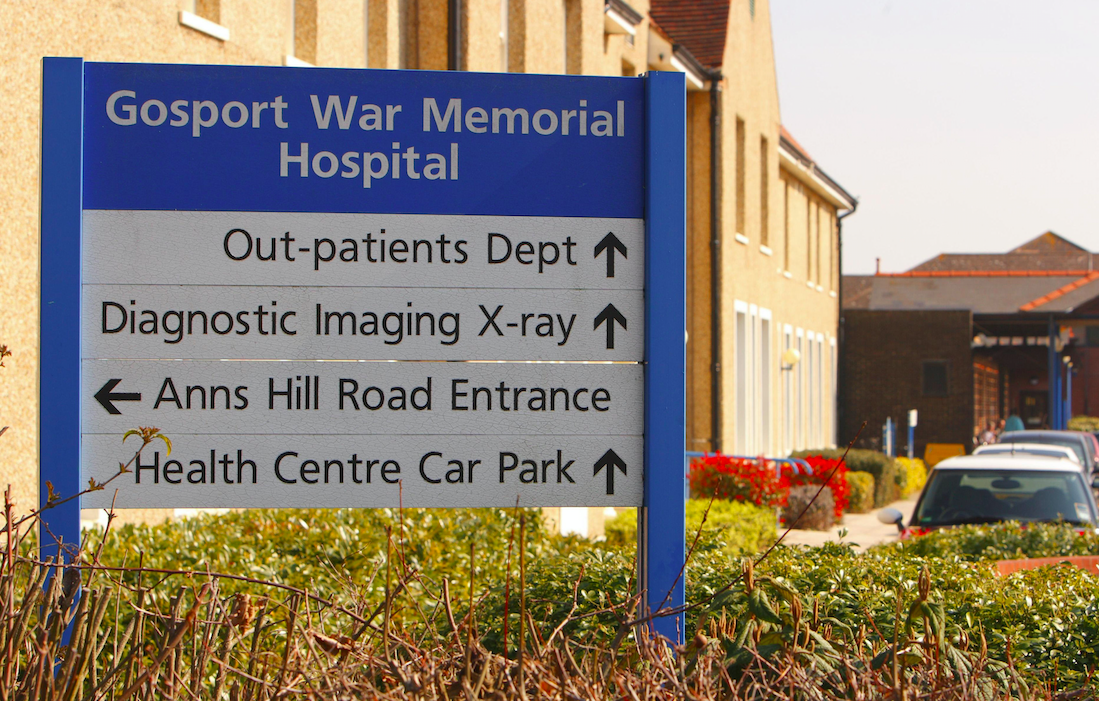
A free daily email with the biggest news stories of the day – and the best features from TheWeek.com
You are now subscribed
Your newsletter sign-up was successful
Police are to open a new criminal inquiry into the deaths of hundreds of patients given “dangerous” levels of painkillers at Gosport War Memorial Hospital.
The care provided to patients who died at the Hampshire hospital between 1987 and 2001 will be the focus of a full investigation, Kent Police said in a statement issued on behalf of the Eastern Policing Region.
Families of the patients were told of the decision shortly before the announcement was made on Tuesday, the Press Association reports.
The Week
Escape your echo chamber. Get the facts behind the news, plus analysis from multiple perspectives.

Sign up for The Week's Free Newsletters
From our morning news briefing to a weekly Good News Newsletter, get the best of The Week delivered directly to your inbox.
From our morning news briefing to a weekly Good News Newsletter, get the best of The Week delivered directly to your inbox.
More than 450 people died as a result of an “institutionalised regime” of prescribing and administering opioids without medical justification at the hospital, an inquiry last year found.
An additional 200 patients were probably “similarly affected” between 1989 and 2000 but their medical records were lost, according to a report by the Gosport Independent Panel.
“Families will ask, how could this practice continue and not be stopped through the various police, regulatory and inquest processes? The panel’s report shows how those processes of scrutiny unfolded and how the families were failed,” said Bishop James Jones, who led the panel.
Addressing a press conference on Tuesday, Assistant Chief Constable Nick Downing said: “This investigation is not about numbers, it is about people - specifically those who died at the hospital and the loved ones they have left behind.”
A free daily email with the biggest news stories of the day – and the best features from TheWeek.com
Ian Sandford, whose mother died at the hospital, told reporters that he was “very glad” a fresh investigation is being launched, but also voiced concerns about how thorough the inquiry could be given how much time has passed since the deaths occurred. He added: “They should have sorted this out a long time ago.”
Gosport MP and Care Minister Caroline Dinenage told the BBC that she hoped families would “get access to the truth”.
“I know that some families would prefer a much faster conclusion. I also have many constituents who've worked at the War Memorial Hospital past and present, with great professionalism and integrity,” Dinenage said.
“That's why it's important that the investigation is done with the utmost care and thoroughness.”
What happened?
The inquiry, launched in 2014, examined more than one million documents and concluded that “there was a disregard for human life and a culture of shortening lives of a large number of patients” at the Hampshire hospital.
The report says senior nurses had expressed worries about patients who were not in pain being given opioids, which were administered through a syringe-driver pumping out doses that were not adjusted for the individual’s needs.
These concerns were raised as early as 1988, but “the nurses were warned not to take their concerns further”, reports The Guardian. The report notes that the hospital had the opportunity to rectify the over-prescribing at that point.
“In choosing not to do so, the opportunity was lost, deaths resulted and 22 years later, it became necessary to establish this panel in order to discover the truth of what happened,” the report says.
Who is to blame?
Hospital management, Hampshire Police, the Crown Prosecution Service (CPS) and the General Medical Council (GMC) “all failed to act in ways that would have better protected patients and relatives”, according to the report. It also criticises nurses for failing to “challenge prescribing” and for “suboptimal care”.
The panel cannot “ascribe criminal or civil liability”, but has called on the relevant investigative authorities to act on the report, says The Daily Telegraph.
So far, “the only person to face disciplinary action has been Dr Jane Barton, who was found guilty of failings in her care of 12 patients at the hospital between 1996 and 1999”, says the BBC. A 2010 GMC panel found that Barton prescribed “potentially hazardous” levels of drugs to elderly patients and failed to recognise the limits of her professional capabilities, but “there is no suggestion Barton intentionally took lives”, adds HuffPost.
The GMC probe found Barton guilty of serious professional misconduct, and of putting her patients at risk of an early death - but, controversially, did not remove her right to practice medicine.
Barton said in a statement after that ruling: “I am disappointed by the decision of the GMC panel. Anyone following this case carefully will know that I was faced with an excessive and increasing burden in trying to care for patients at the Gosport War Memorial Hospital.”
The panel said Barton was “responsible for the practice of prescribing which prevailed on the wards”.
-
 Quiz of The Week: 14 – 20 February
Quiz of The Week: 14 – 20 FebruaryQuiz Have you been paying attention to The Week’s news?
-
 The Week Unwrapped: Do the Freemasons have too much sway in the police force?
The Week Unwrapped: Do the Freemasons have too much sway in the police force?Podcast Plus, what does the growing popularity of prediction markets mean for the future? And why are UK film and TV workers struggling?
-
 Properties of the week: pretty thatched cottages
Properties of the week: pretty thatched cottagesThe Week Recommends Featuring homes in West Sussex, Dorset and Suffolk
-
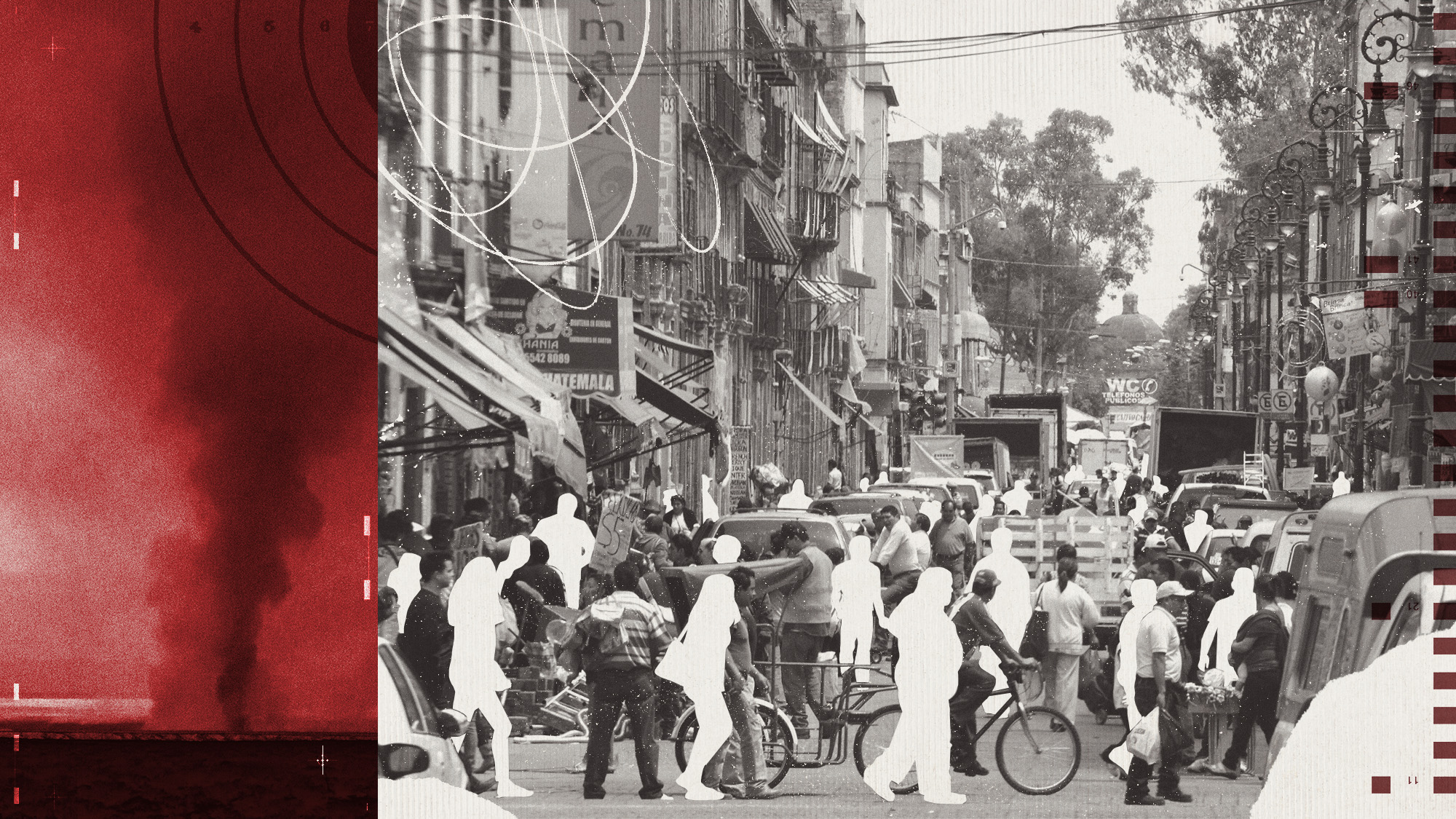 Mexico’s forced disappearances
Mexico’s forced disappearancesUnder the Radar 130,000 people missing as 20-year war on drugs leaves ‘the country’s landscape ever more blood-soaked’
-
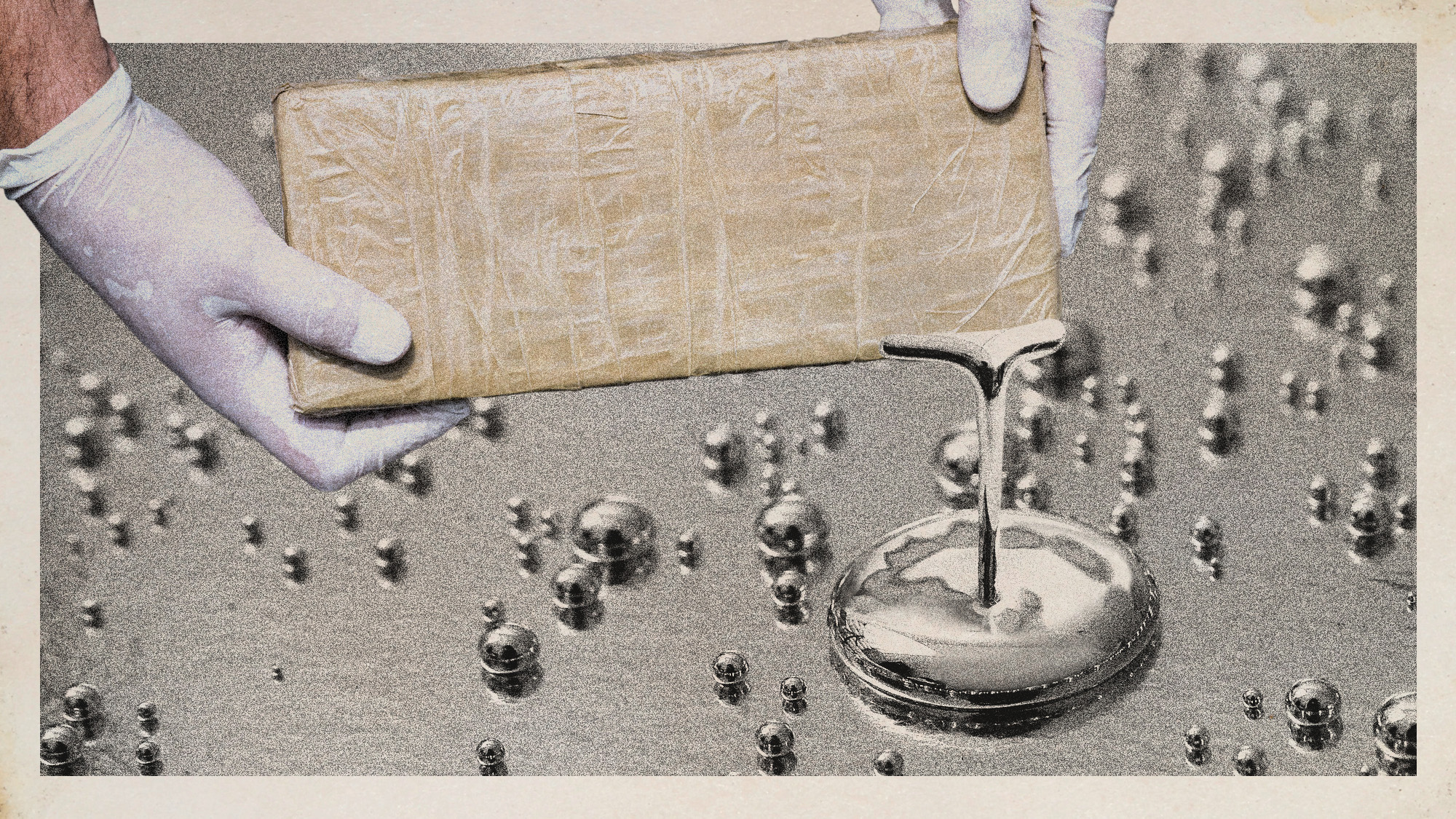 Illicit mercury is poisoning the Amazon
Illicit mercury is poisoning the AmazonUnder the Radar 'Essential' to illegal gold mining, toxic mercury is being trafficked across Latin America, 'fuelling violence' and 'environmental devastation'
-
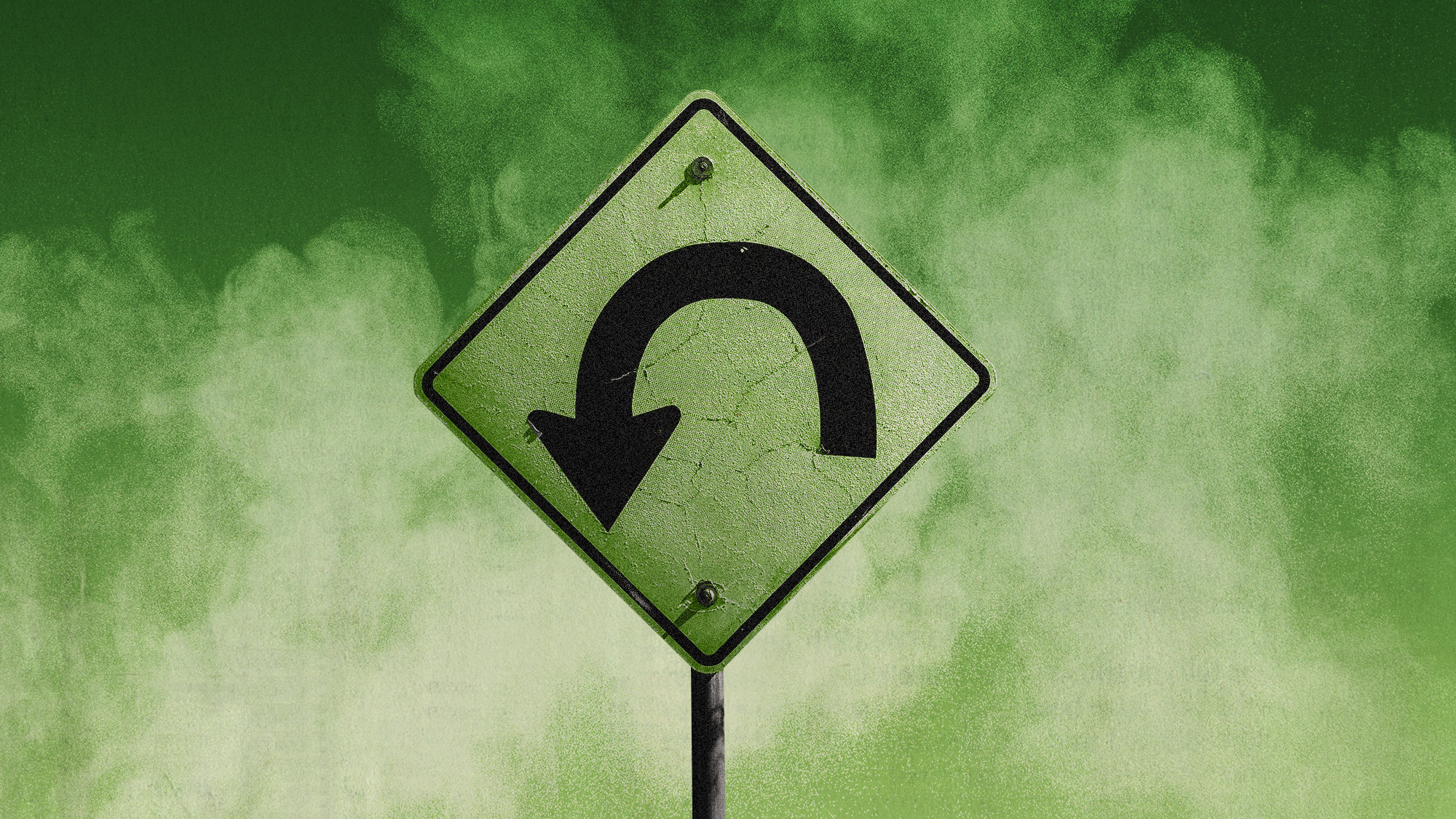 Thailand is rolling back on its legal cannabis empire
Thailand is rolling back on its legal cannabis empireUnder the Radar Government restricts cannabis use to medical purposes only and threatens to re-criminalise altogether, sparking fears for the $1 billion industry
-
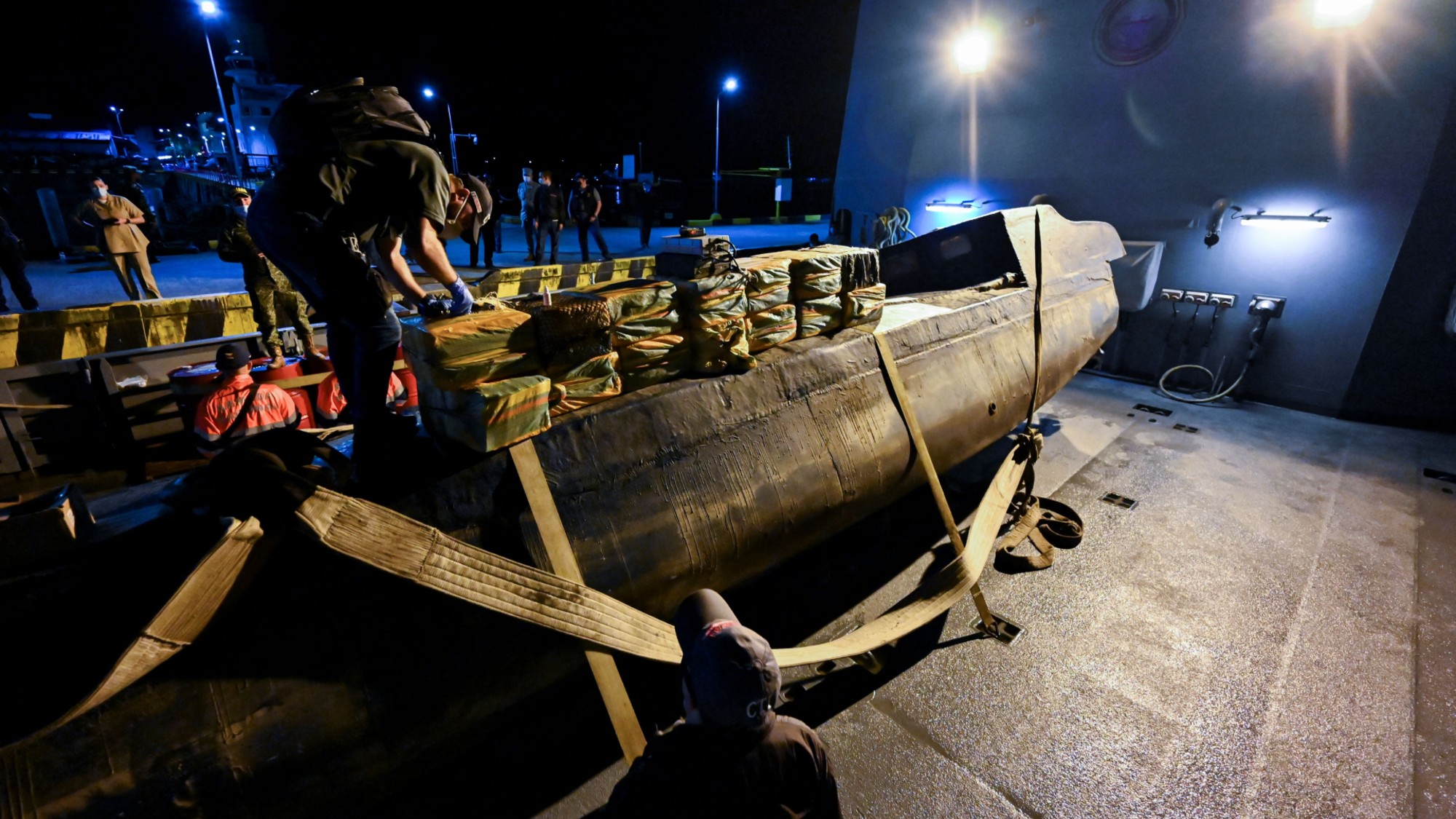 Narco subs are helping to fuel a global cocaine surge
Narco subs are helping to fuel a global cocaine surgeThe Explainer Drug smugglers are increasingly relying on underwater travel to hide from law enforcement
-
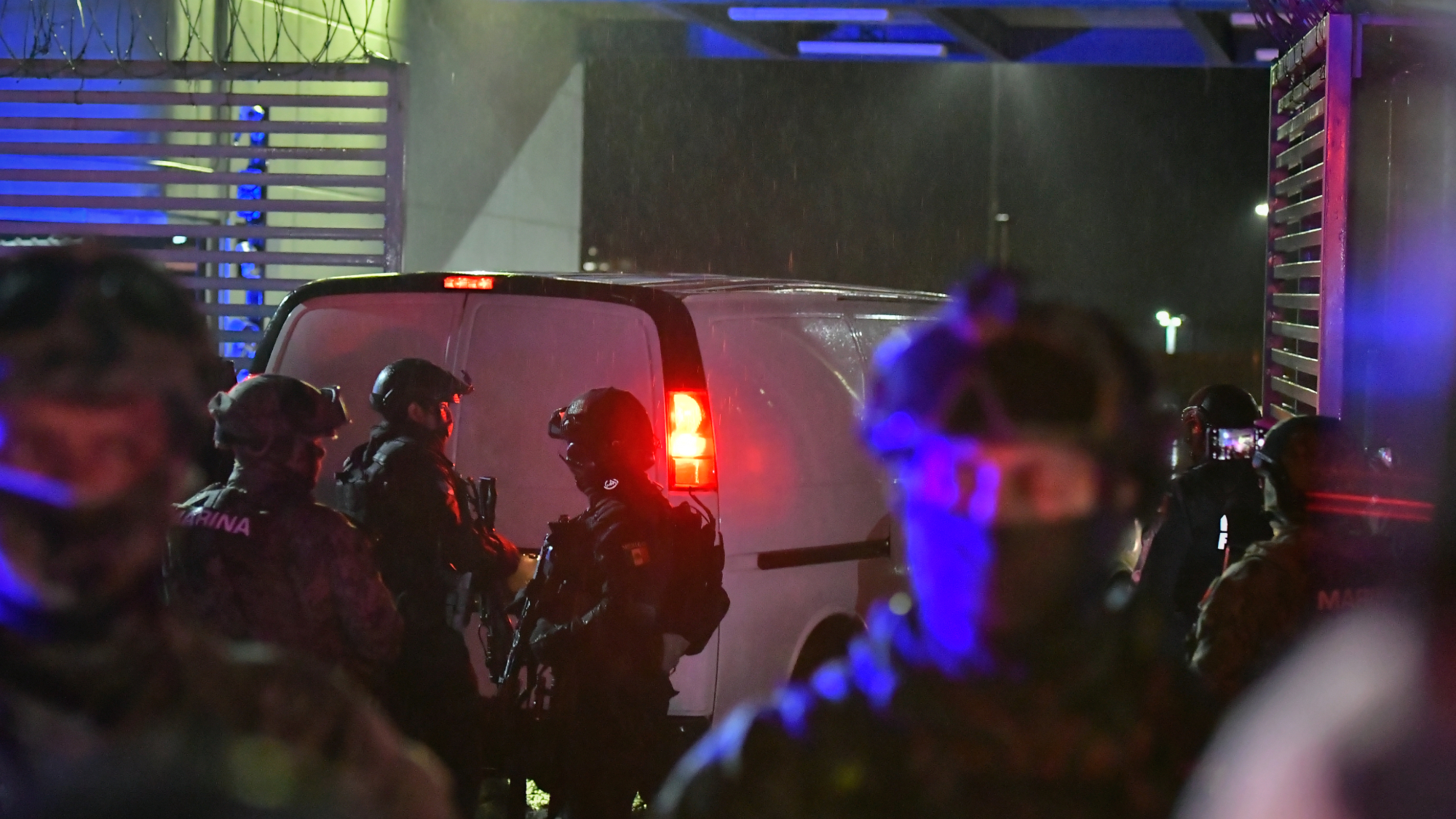 Mexico extradites 29 cartel figures amid US tariff threat
Mexico extradites 29 cartel figures amid US tariff threatSpeed Read The extradited suspects include Rafael Caro Quintero, long sought after killing a US narcotics agent
-
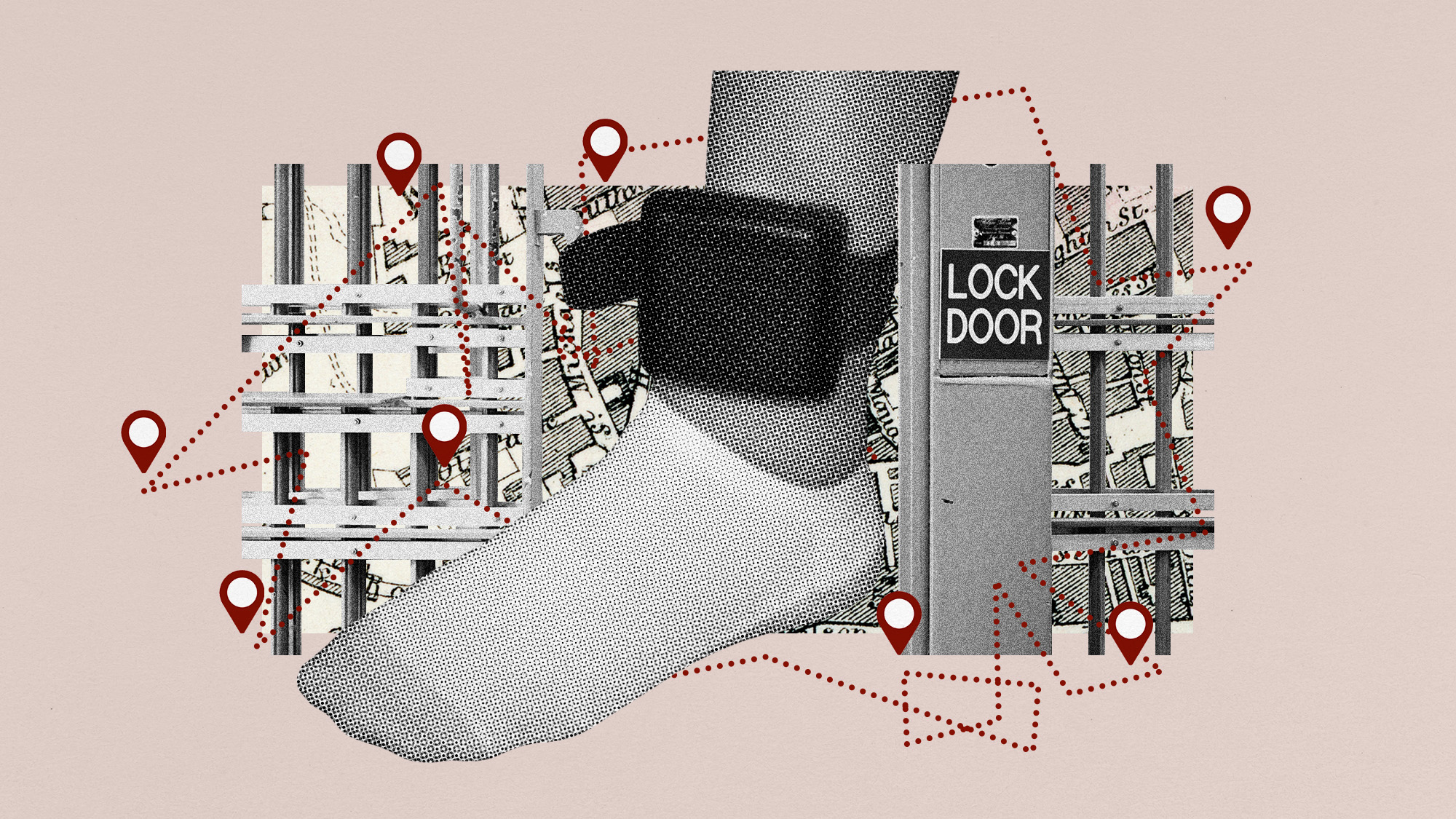 'Virtual prisons': how tech could let offenders serve time at home
'Virtual prisons': how tech could let offenders serve time at homeUnder The Radar New technology offers opportunities to address the jails crisis but does it 'miss the point'?
-
 Inside Marseille's deadly drug wars
Inside Marseille's deadly drug warsThe Explainer Teenage hitmen recruited through social media are lured by money and gang 'brand'
-
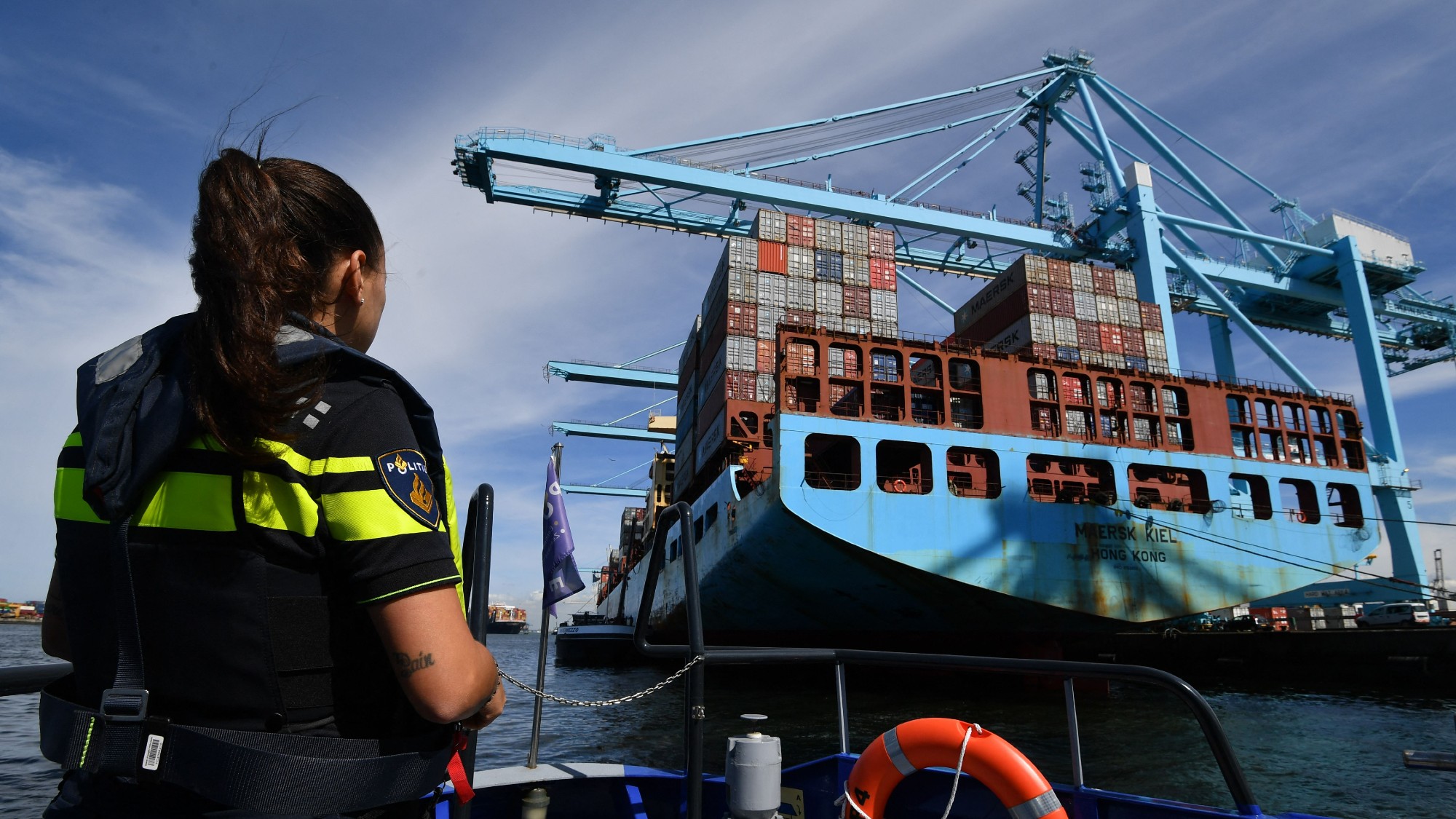 Europe's drug gangs in the spotlight
Europe's drug gangs in the spotlightThe Explainer The illegal narcotics trade is fuelling a surge in gang violence across the continent